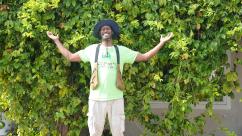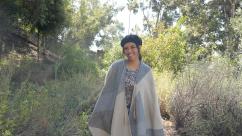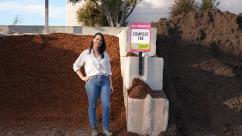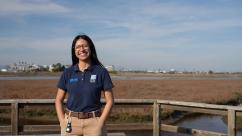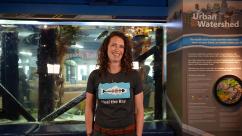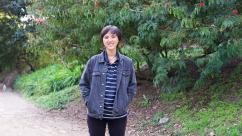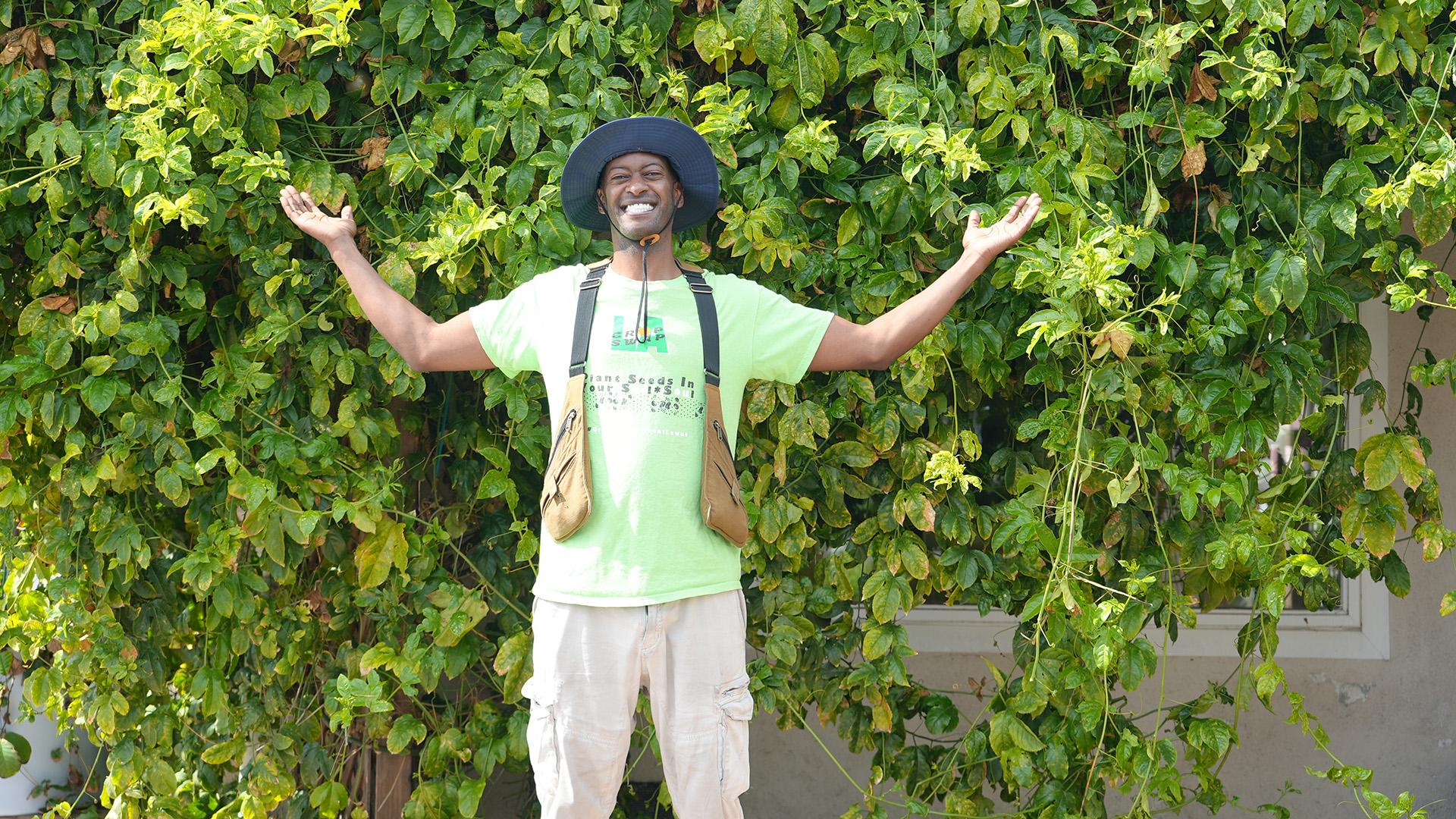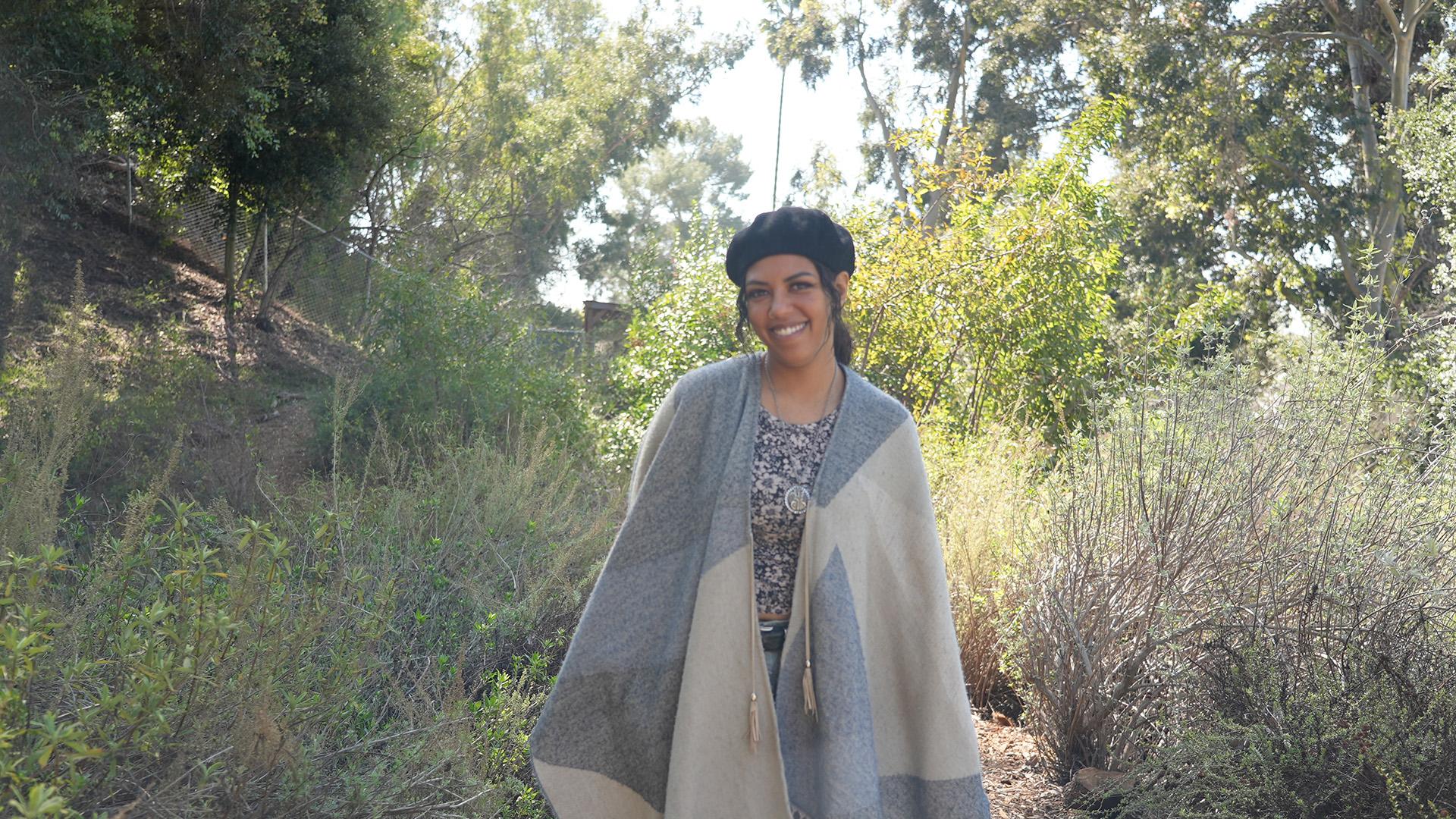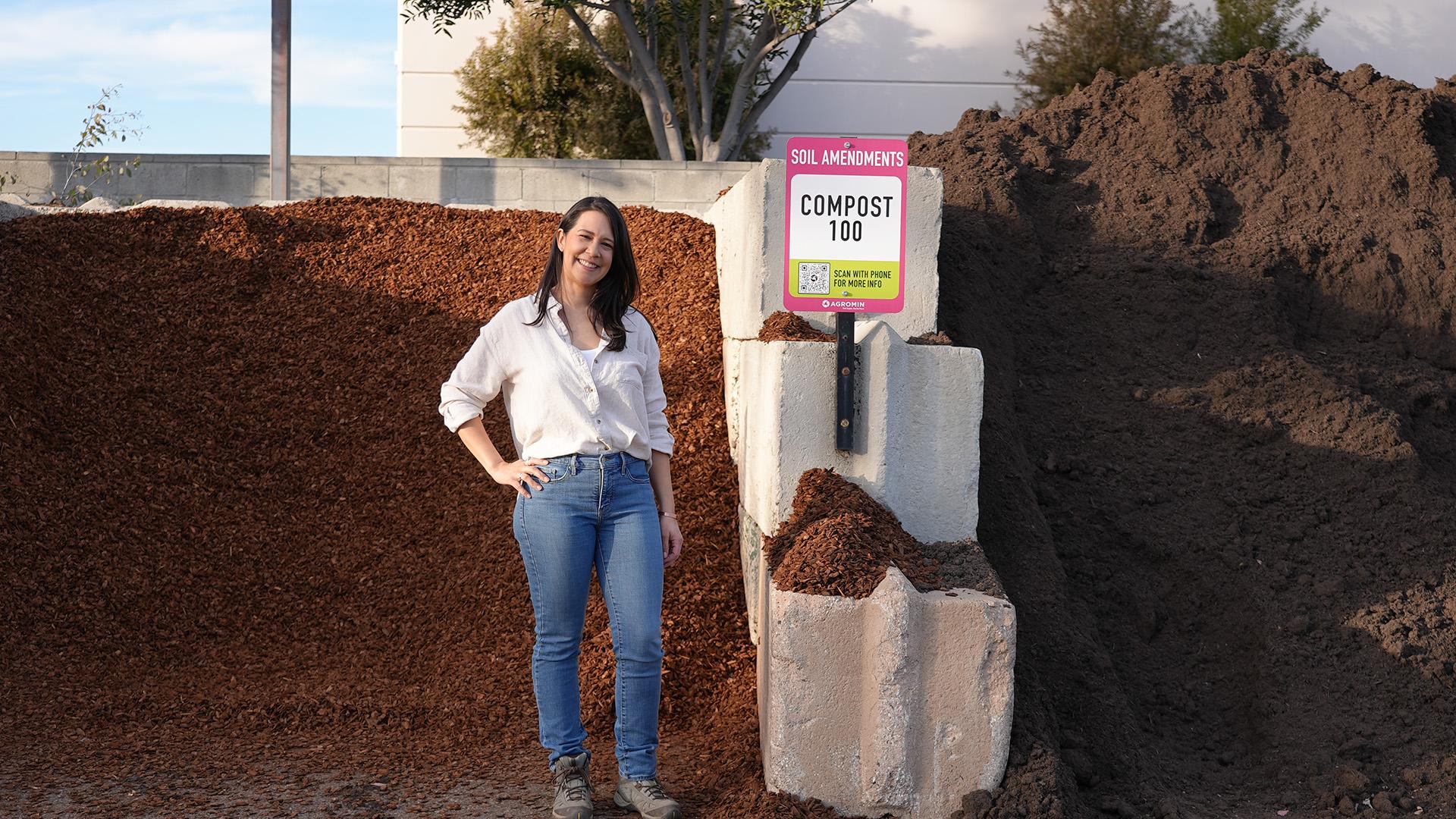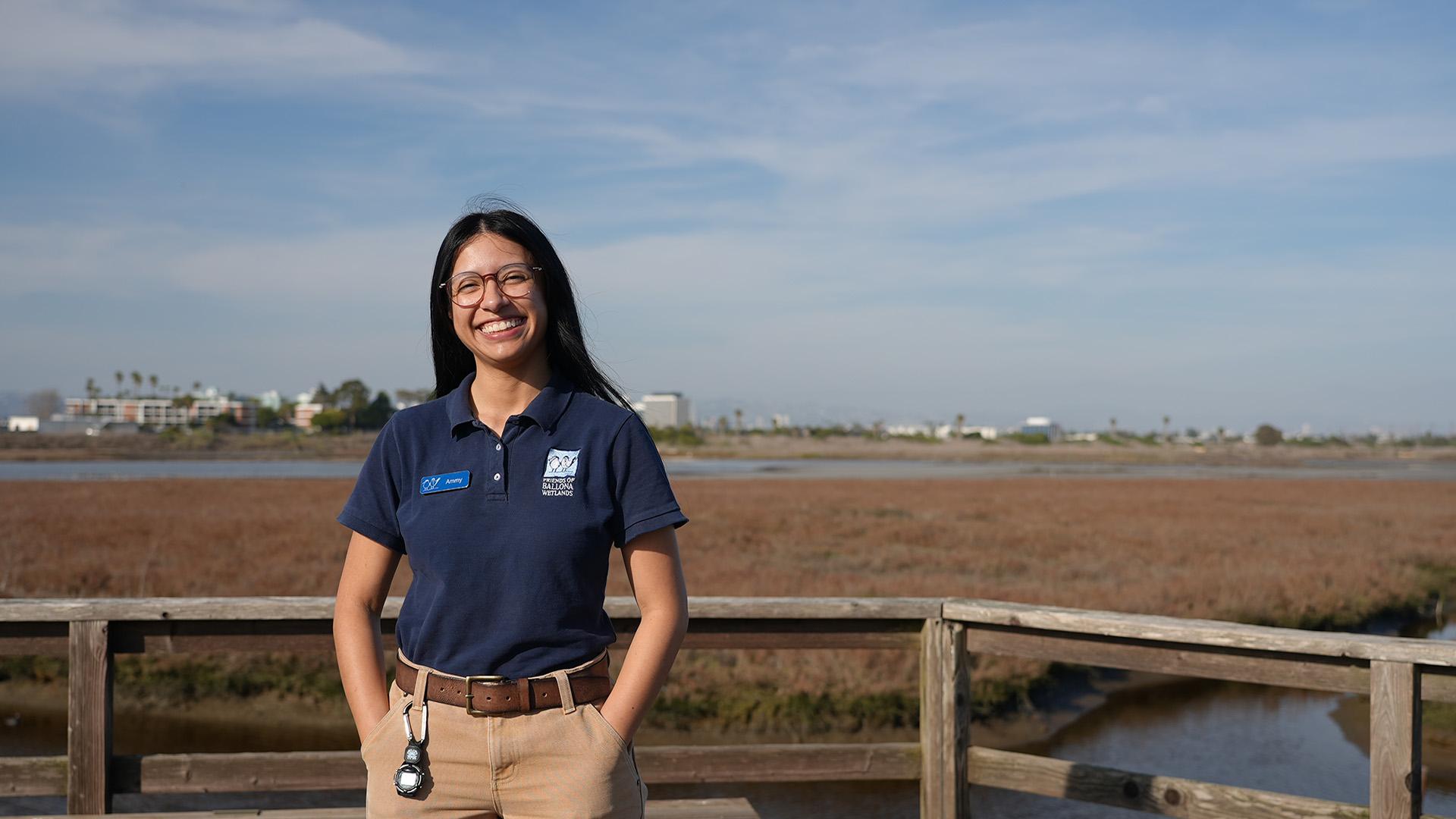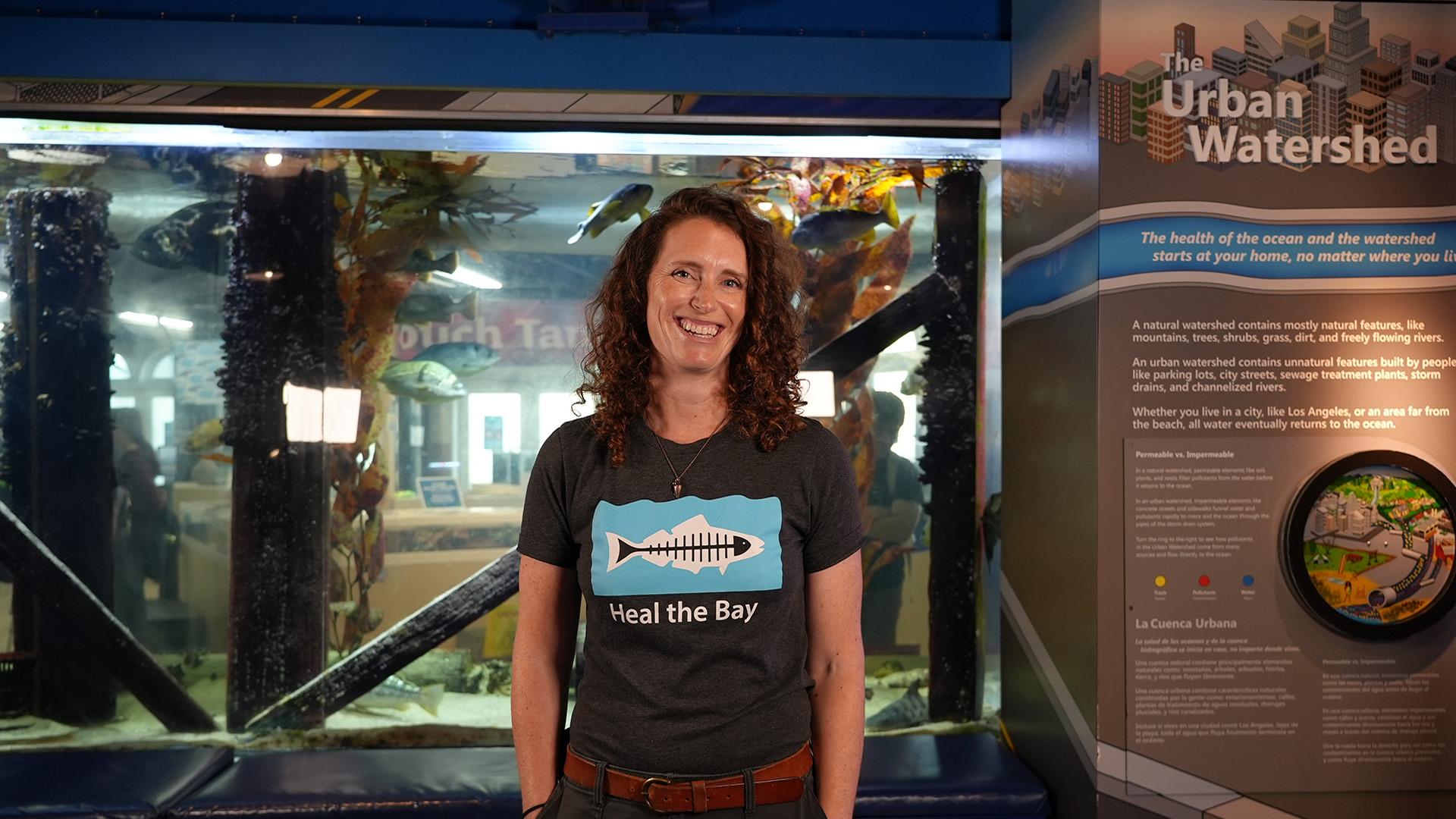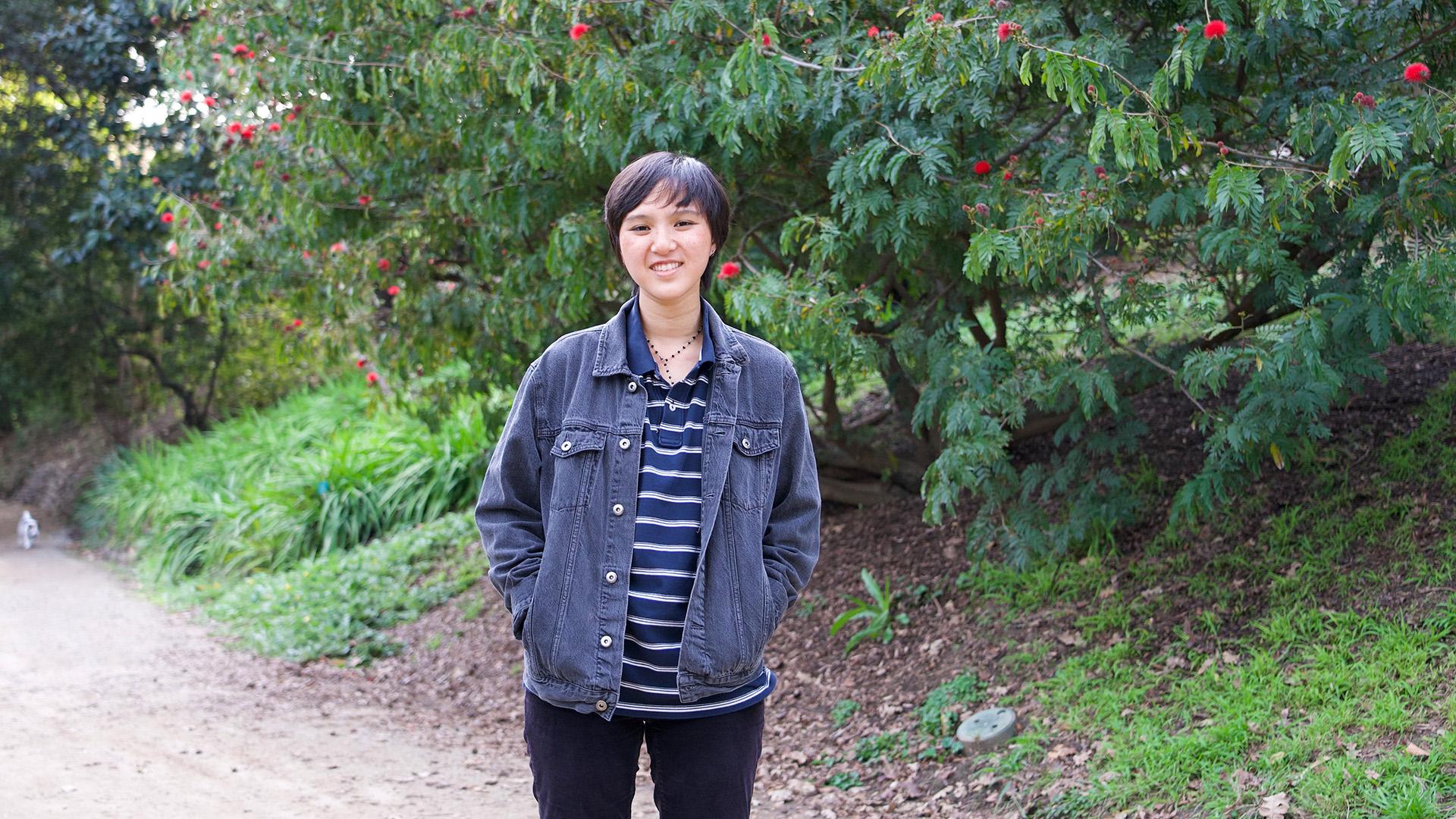Maggie Baird: Creating an Equitable Plant-Based Food System
In this Episode
Maggie's Story
Maggie Baird founded Support and Feed with a vision to work at the intersection of the climate crisis, food equity, and food insecurity to address hunger. Maggie highlights the importance of shifting to an equitable, plant-based food system as a solution to climate change and scales her organization’s impact by partnering with music artists, including her children and Grammy Award-winning artists Billie Eilish and Finneas O’Connell. As a touring partner, Support and Feed engages fans and concertgoers in climate education and action through pop-up programs, food drives, tabling, and serving plant-based meals. Particularly in wealthy countries, eating a plant-rich diet is one of the most powerful actions an individual can take to reduce their climate impact. Since livestock produce methane emissions and use a lot of land – often attained through deforestation – even small shifts toward eating more plants and less meat can make a big difference. It can also improve food equity by making nutritious, affordable meals more accessible while using fewer resources.
Since 2020, Support and Feed has worked in 41 cities worldwide, remains active in 11 key U.S. cities, and is expanding into the EU, UK, and Australia. Working with hundreds of volunteers, over 190 community groups, and 100+ local restaurants, they’ve delivered more than 1.5 million plant-based meals paired with educational resources connecting food choices to the climate crisis.
Discussion Questions
One of the most important things you can do about climate change is talk about it.
- Maggie’s work at Support and Feed blends climate action with culture by partnering with music artists to educate and engage fans and concertgoers. As people enjoy a cultural experience, they’re also encouraged to be socially conscious, joining climate conversations, trying delicious plant-based meals, and taking a pledge to do more. How might bringing climate education and solutions into unexpected spaces, like concerts and cultural events, help shape our cultural norms and inspire behavior change in how we address climate change?
- Speaking about the power of collective action, Maggie shares, “Did you know that if you change from an omnivorous meal to a plant-based meal once a day for 30 days, you can create a massive change. And we let fans know that if 10,000 people in an arena do that, that’s collectively seven million gallons of water saved in 30 days.” How might thinking about climate action as a collective effort, like 10,000 people making one small change, influence the way you view your own choices? What is one change you could make that would have an even greater impact if others joined you?
- During the COVID-19 pandemic, Maggie wanted to get involved in crisis relief and quickly learned that a huge need in the community was access to nutritious foods. She shares, “As we stepped into the world of food insecurity, our eyes were opened wide to the radical inequity in our food system. And the fact that crisis food organizations are not generally taking the opportunity to address many issues at the same time. Meaning that if you are going to feed people a beautiful, delicious, restaurant-quality meal to enhance their soul, not just their body, why not make that meal a plant-based meal that is better for the planet and better for their health? Why not purchase that meal from a local business and support the local economy? We realized that intersectional mission wasn’t really being addressed.” How can witnessing a crisis motivate us to take meaningful action rather than stay passive? Do you believe individuals have a responsibility to respond to injustices like the climate crisis? Why or why not?
Learn More
Learn about the solutions in this story:
- Solution Sector: Food, Agriculture, Land & Oceans
- Solution Cluster: Curb Growing Demands
- Solutions: Improve Diets; Reduce Food Loss & Waste
- For more on all of Project Drawdown’s climate solutions, visit drawdown.org/explorer
- Learn more about Maggie’s work at Support and Feed
Explore Climate Solutions 101, the world's first major educational effort focused solely on climate solutions. This video series combines Project Drawdown’s trusted resources with the expertise of inspiring, scientifically knowledgeable voices from around the world: drawdown.org/climate-solutions-101.
Visit the Yale Program on Climate Change Communication, a resource that shares research, communications strategy, and opinion polling on climate communications.
Take Action
- Subscribe to the Project Drawdown newsletter to receive biweekly insights and inspiration to guide your own climate solutions journey.
- Drawdown Ecochallenge, presented by Ecochallenge.org, is a fun and social way to take measurable action on the top climate solutions. Take the challenge, and see how a few weeks of action add up to a lifetime of change for you and the planet. If you want to take action on climate solutions like Maggie, start a challenge today.
- The Drawdown Labs Job Function Action Guides are practical resources that highlight specific, high-impact climate actions employees in common corporate professions can take at work.
- ChangeX connects people with proven ideas for strengthening communities with the resources needed to implement those changes. Explore countless ways to improve your community and help the world reach drawdown.
- Climate Generation's Green Careers for a Changing Climate Instructional Supplement (for Grades 6-8) contains resources to help young people learn about Green STEM Careers—paths that use STEM skills to help reduce the impacts of climate change. Throughout this instructional supplement, students use Project Drawdown resources to make important connections between climate solutions and different careers.
- Solutions Journalism Network highlights the importance of reporting stories of climate solutions in the media to create a more equitable and sustainable world. Visit their Teaching Climate Solutions resource to find curated collections and the latest examples of climate solutions journalism.
- SubjectToClimate (StC) is a nonprofit online connector for K-12 leaders of all subjects to find materials on climate change at no cost. Explore StC’s educator-generated database to connect to Project Drawdown-based climate education resources.
Sign up to receive updates, provide ideas, and tell us how you might share Drawdown’s Neighborhood in your community.


